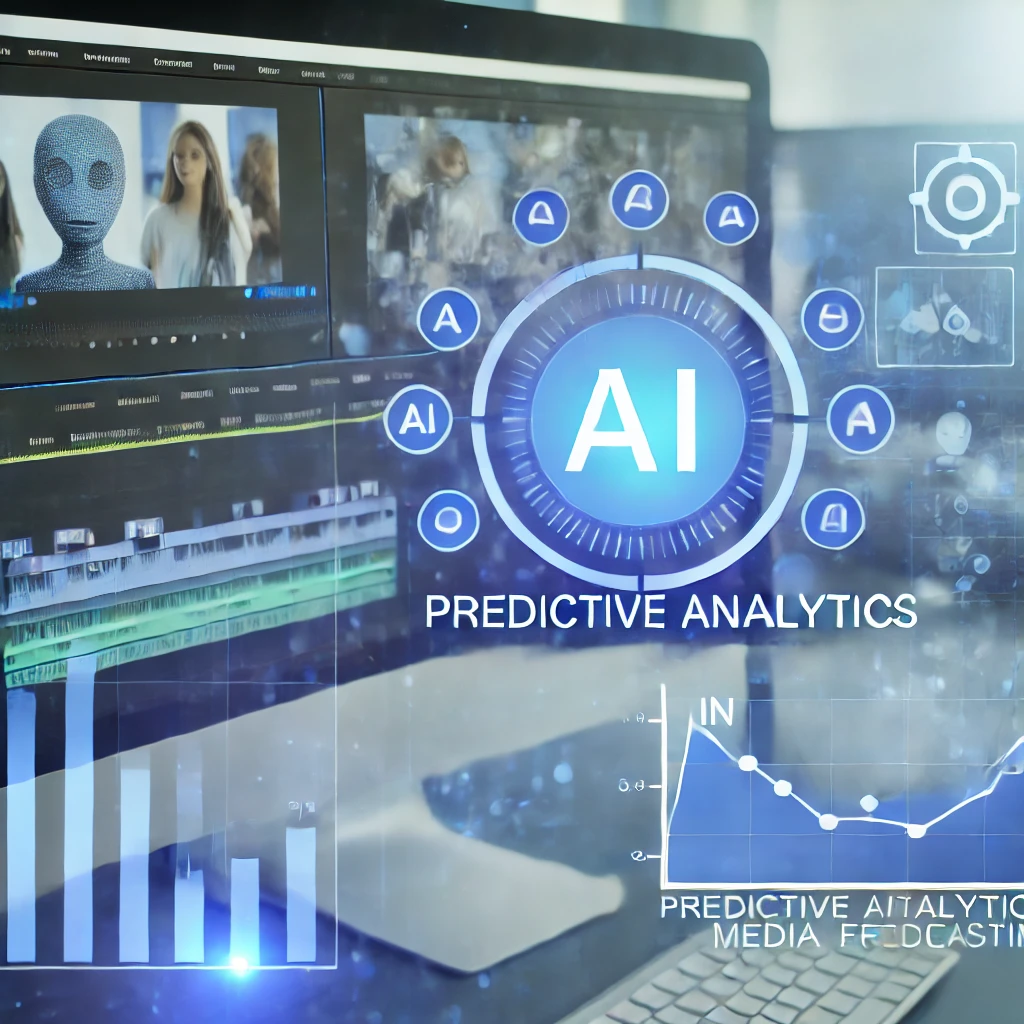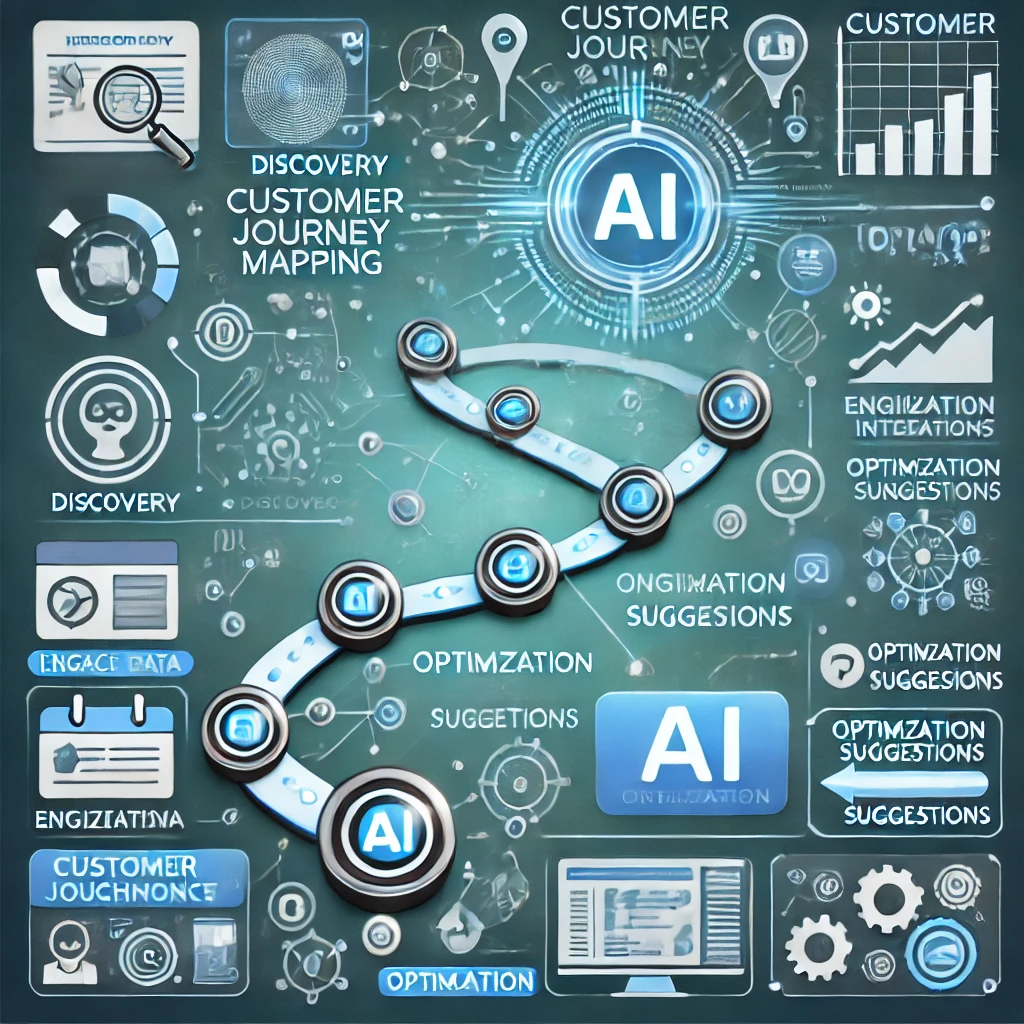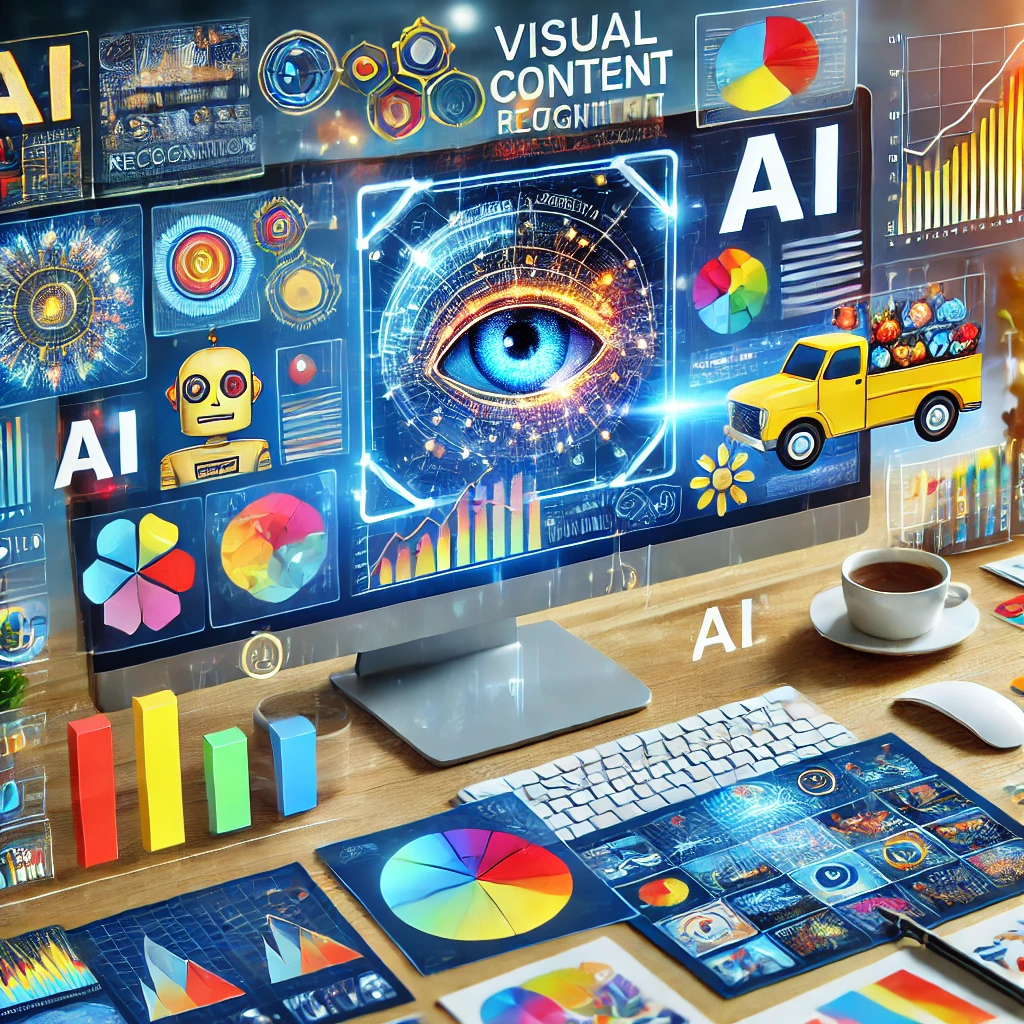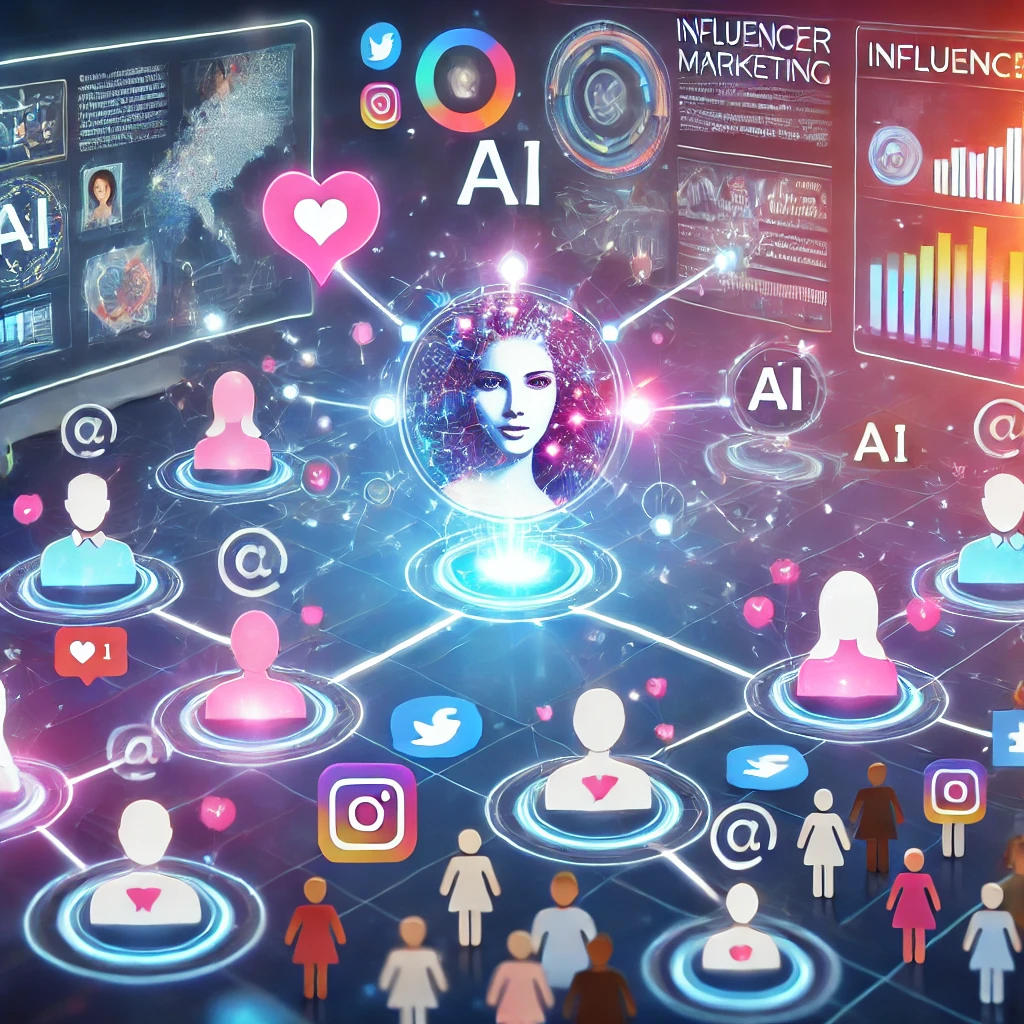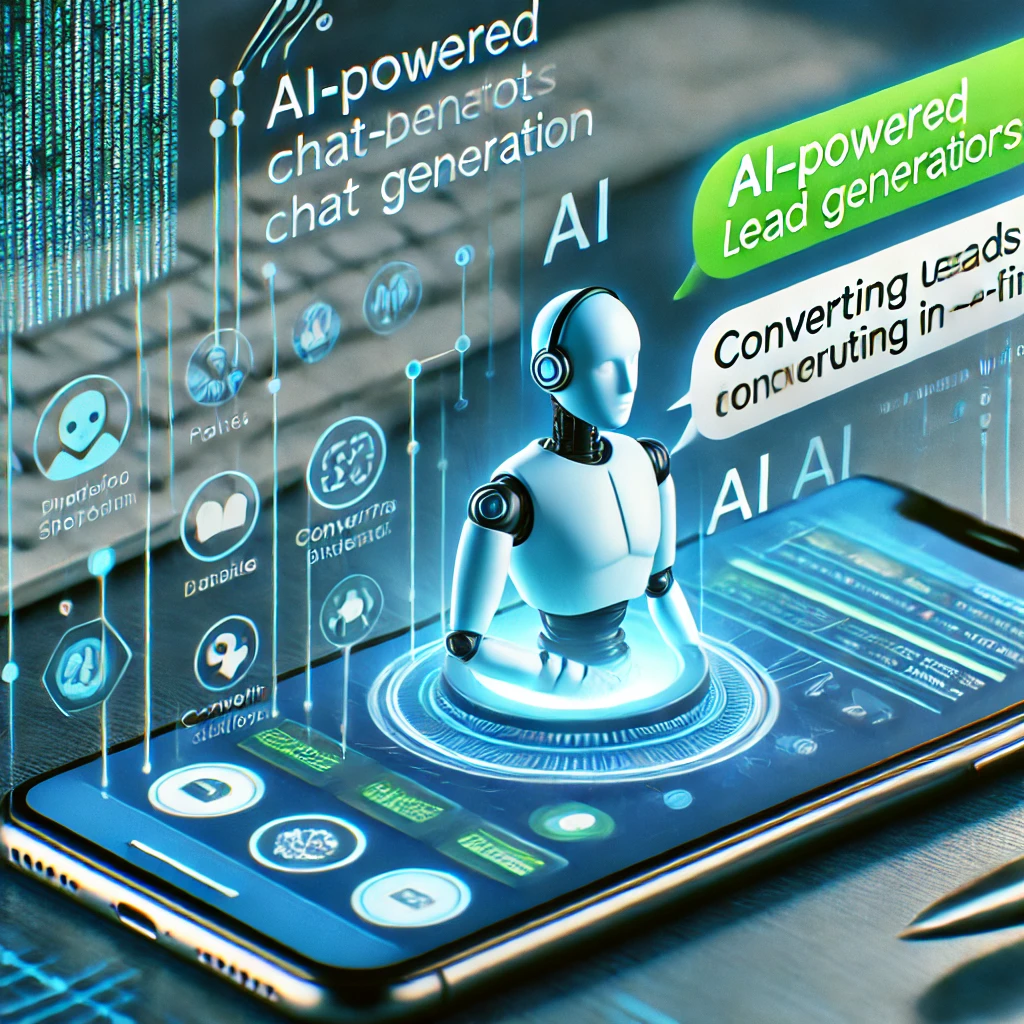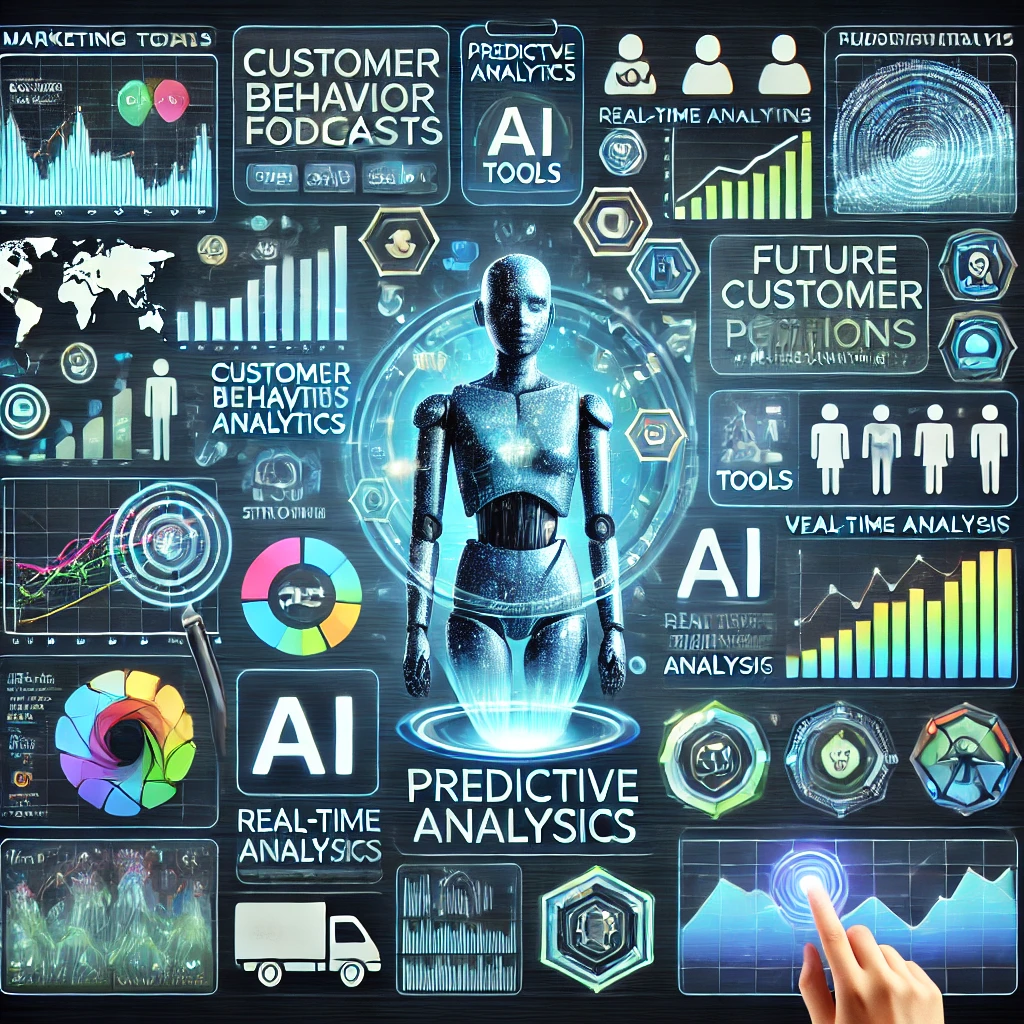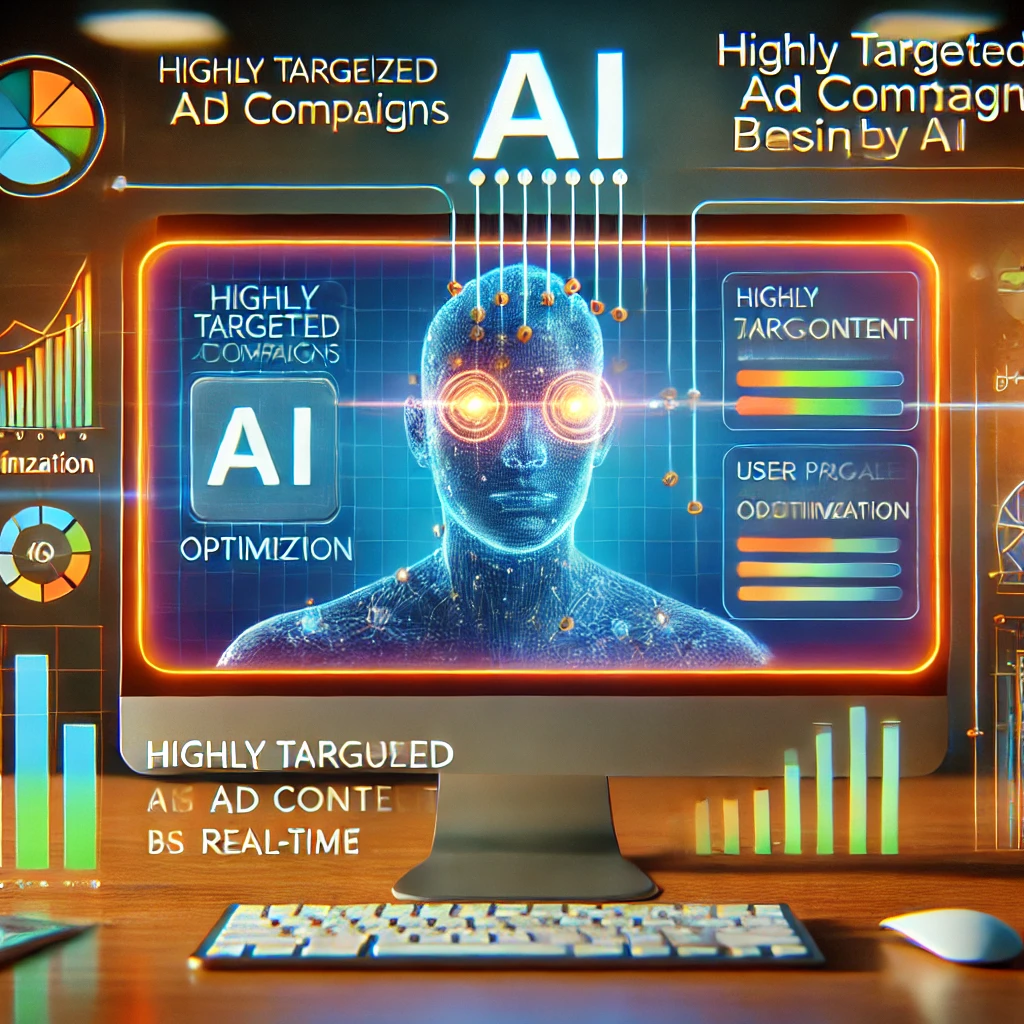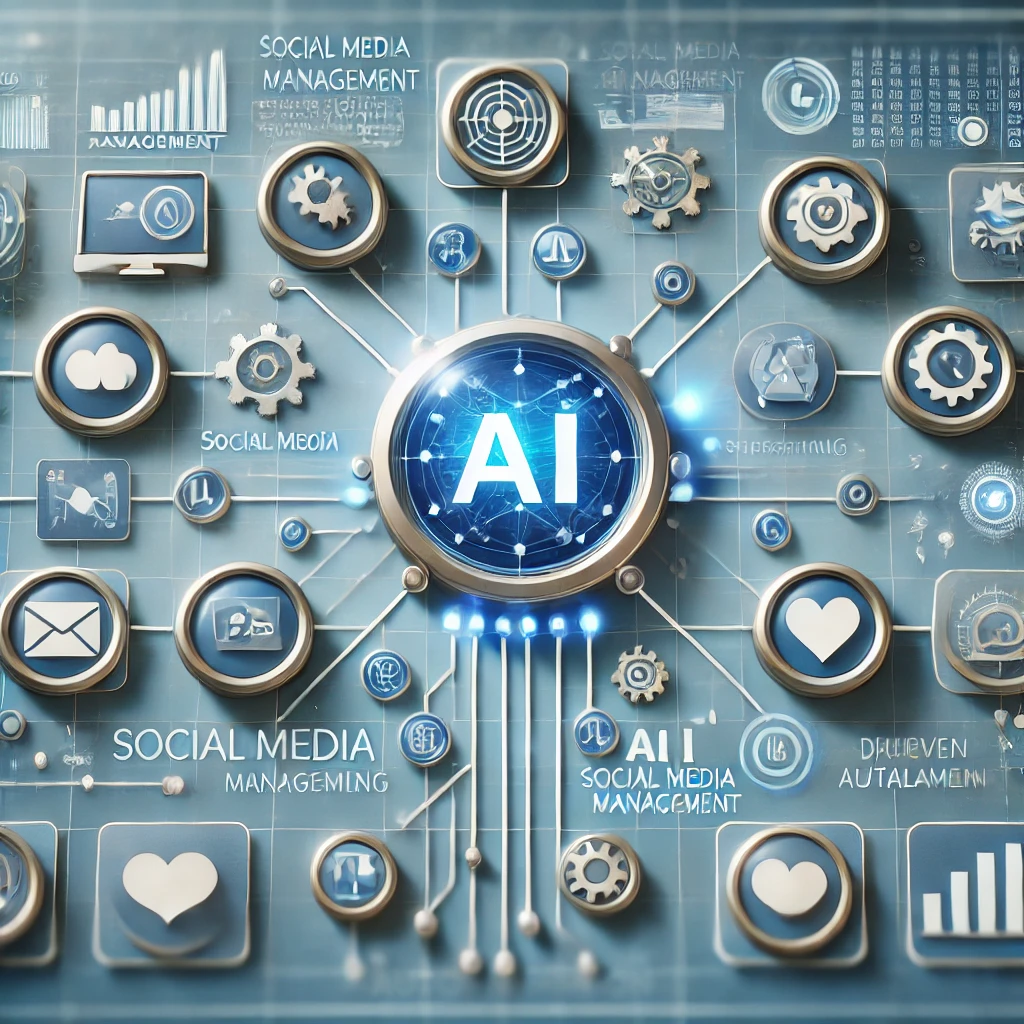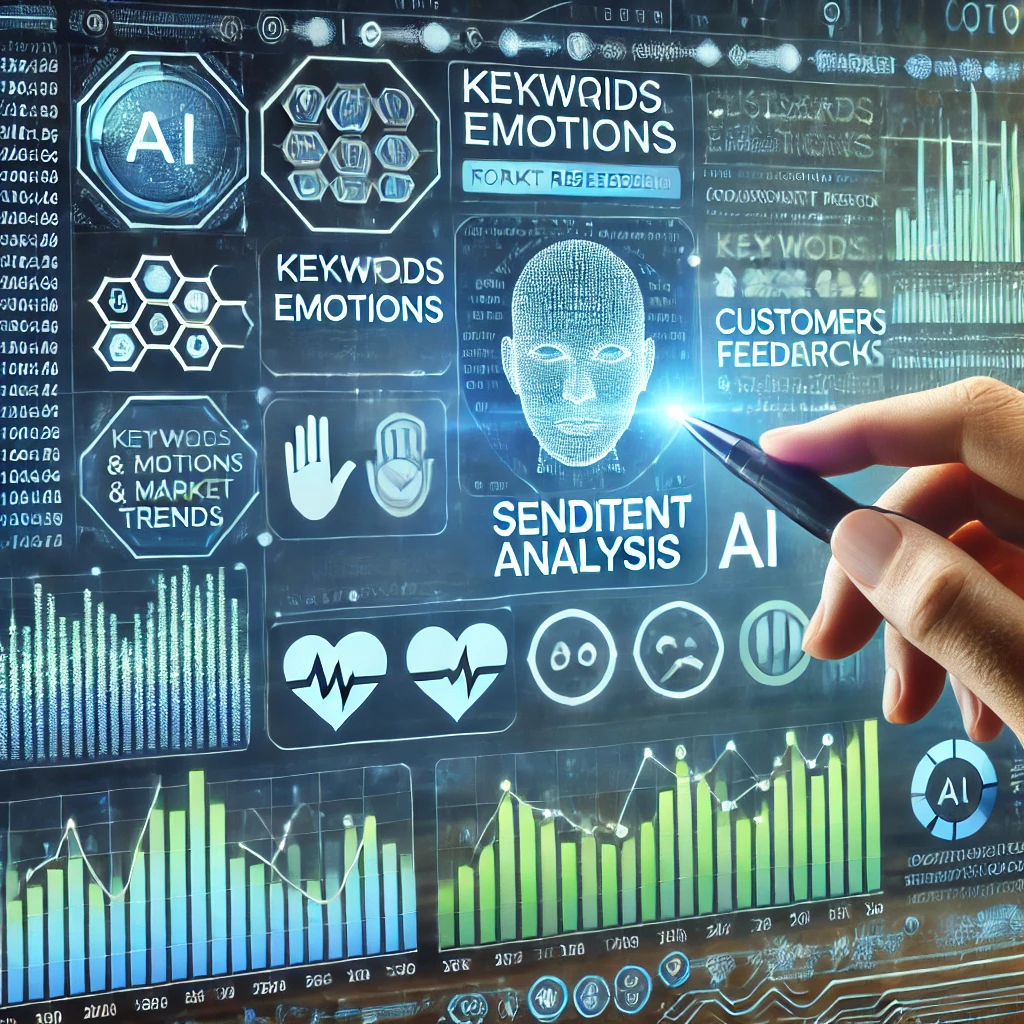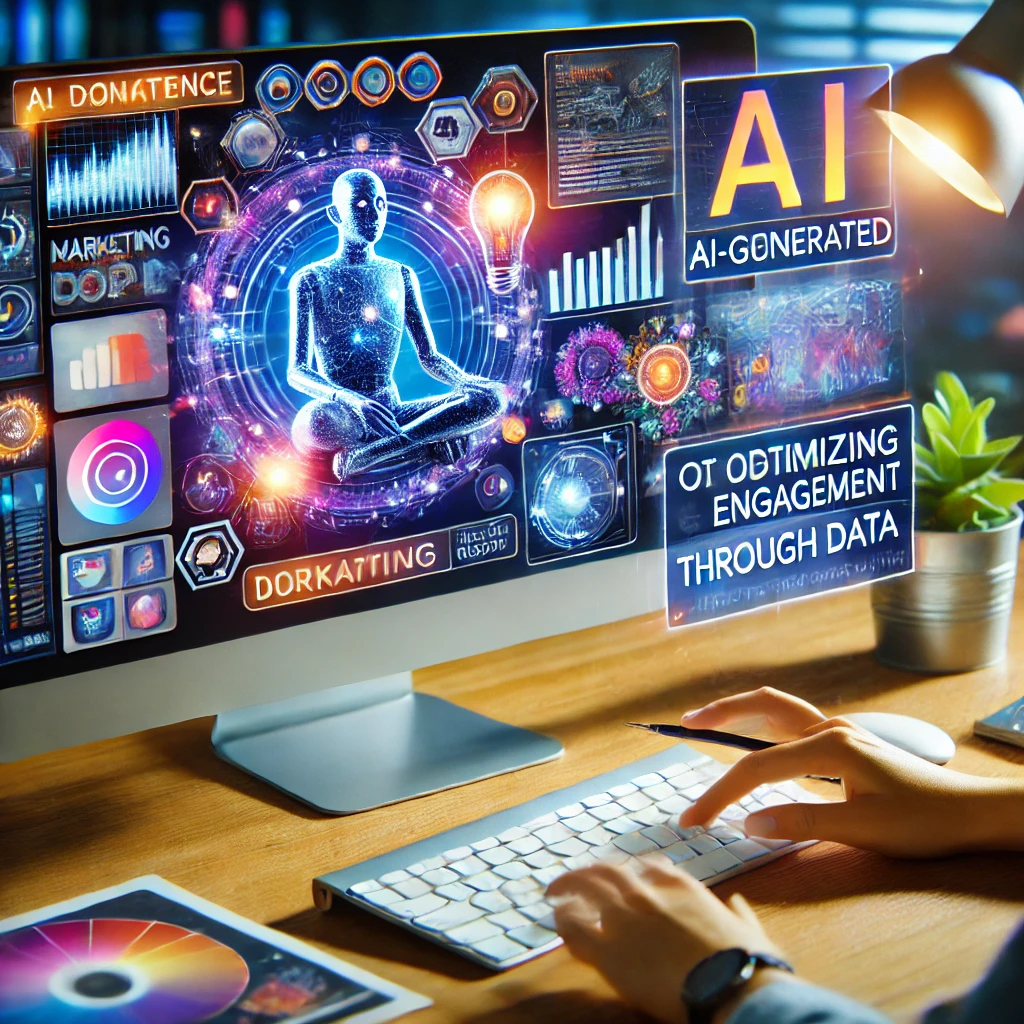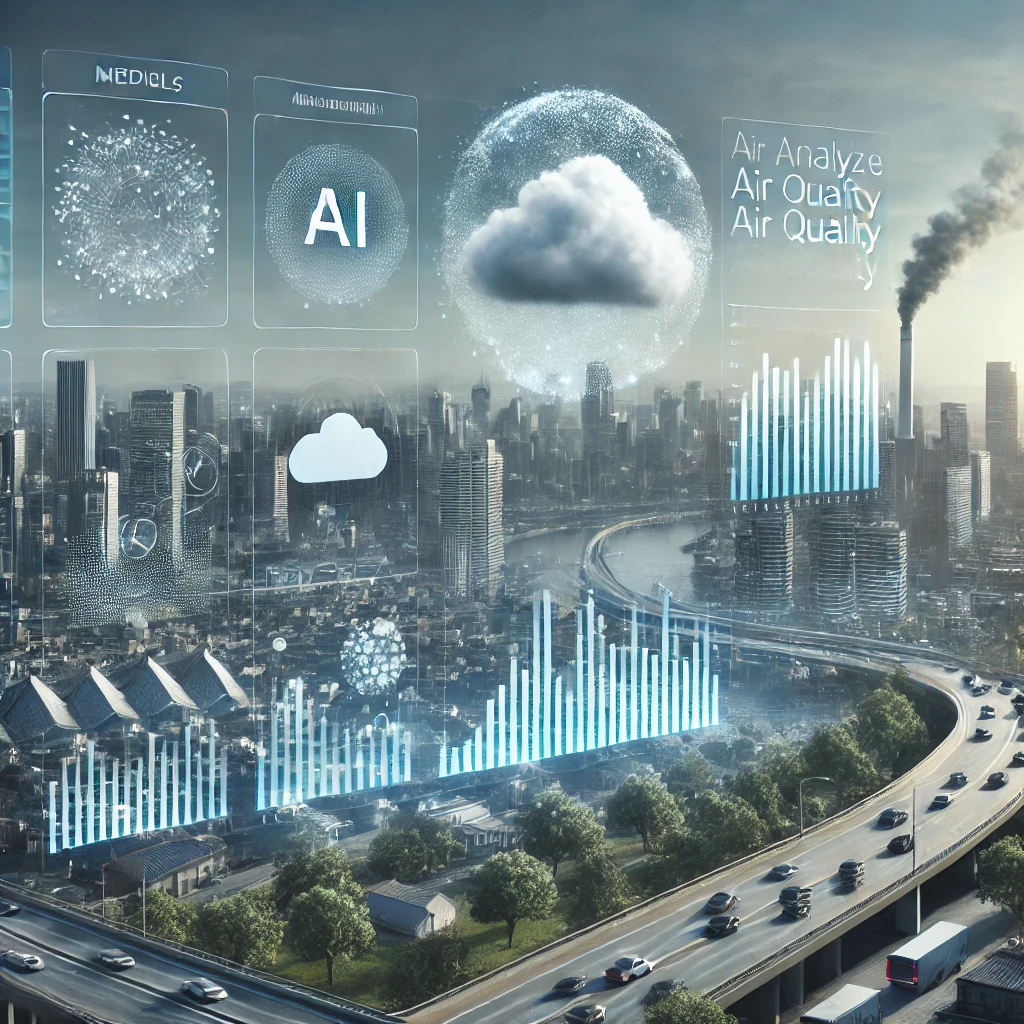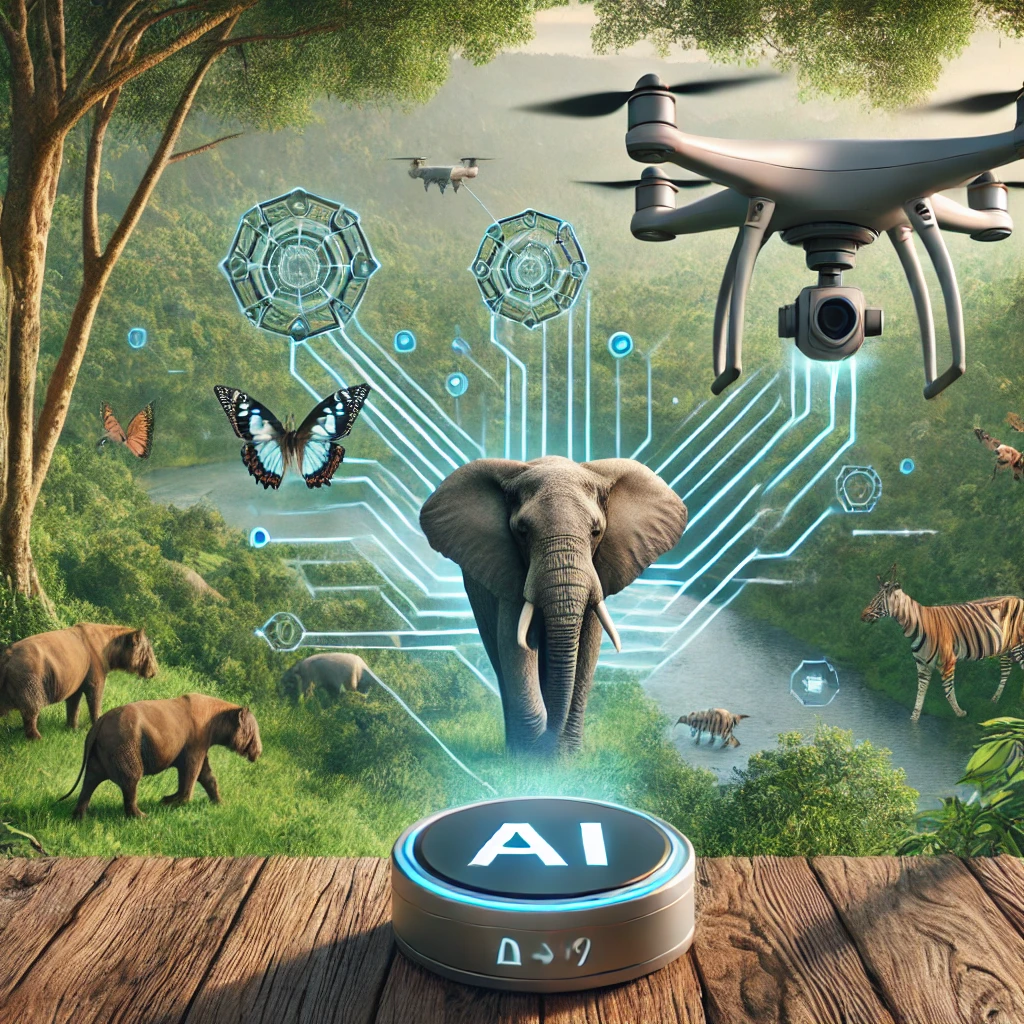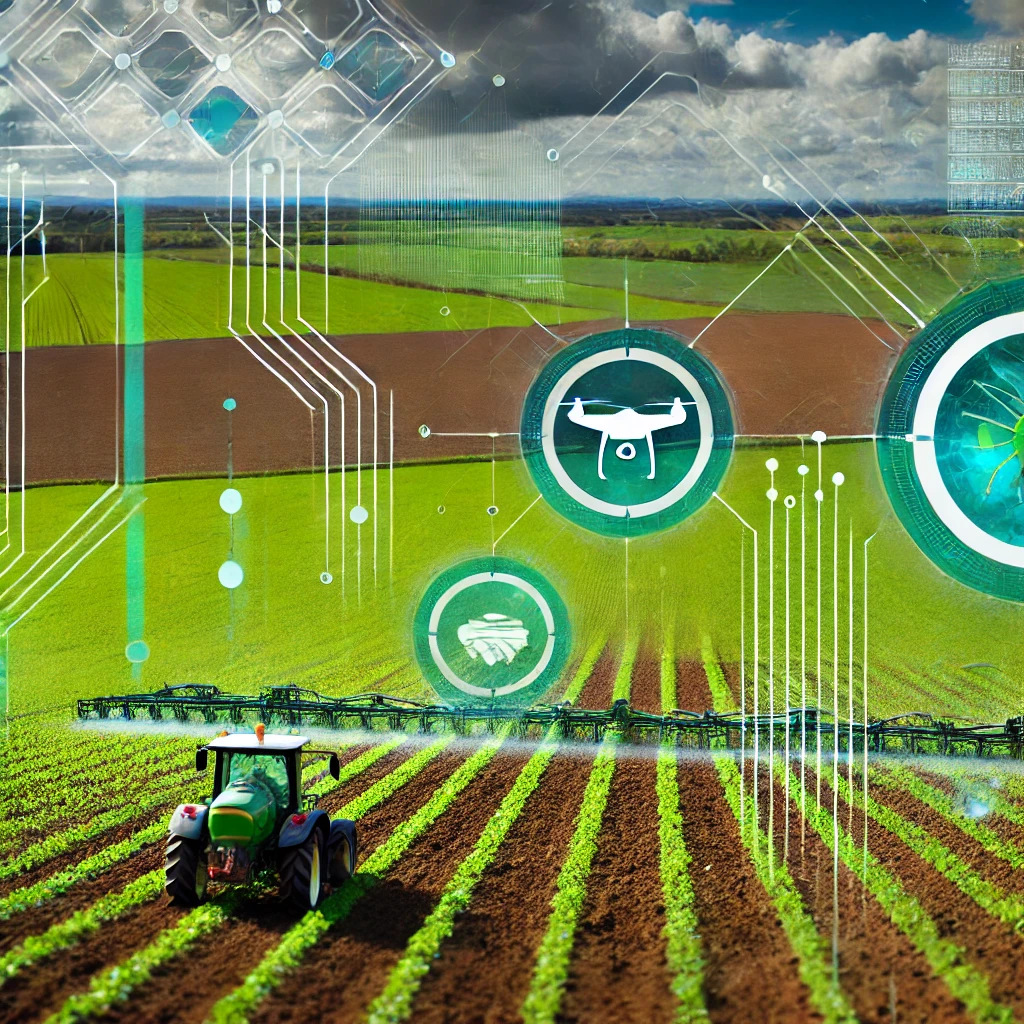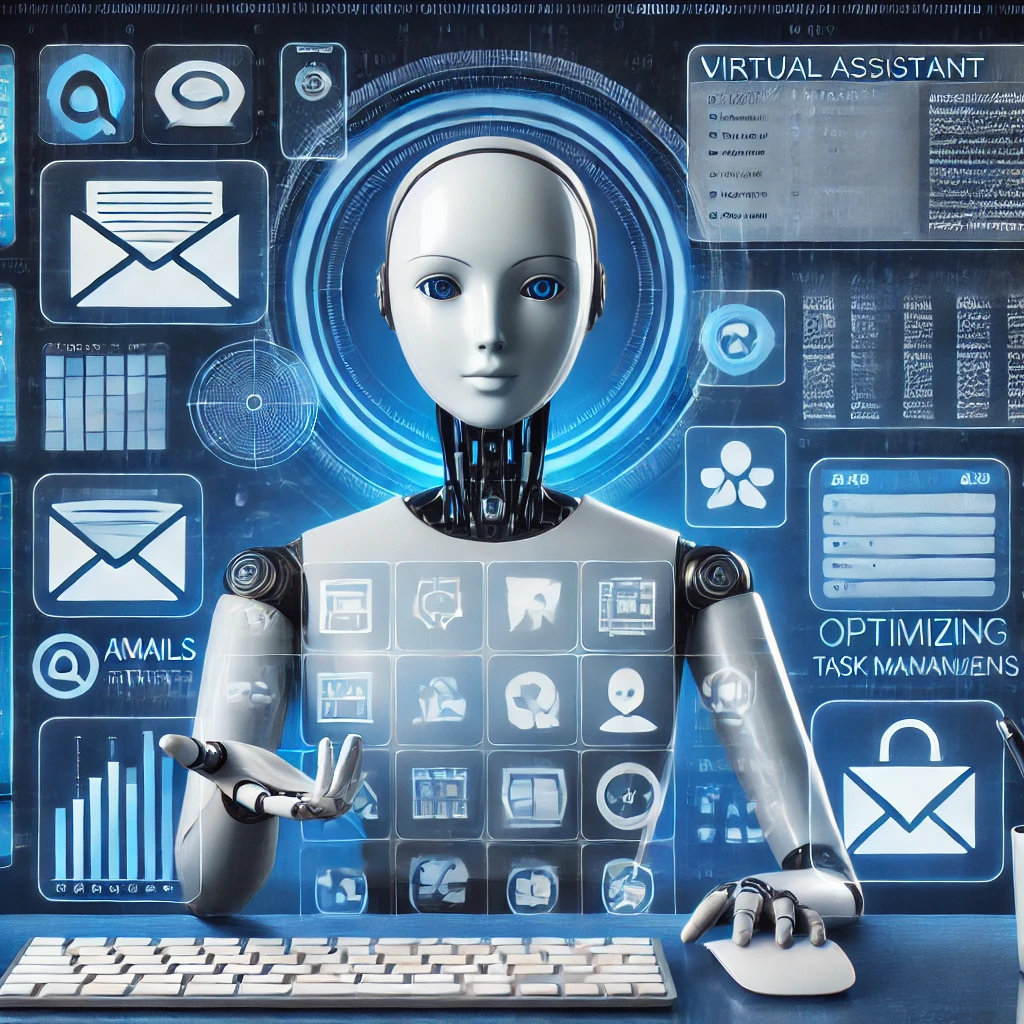AI in Game Development: Tools to Create Adaptive and Intelligent NPCs in Video Games
AI is revolutionizing game development by enabling the creation of adaptive and intelligent NPCs. Tools like Unity’s ML-Agents and OpenAI’s Gym allow developers to design NPCs that learn and evolve, offering unique player experiences. As technology advances, the future holds exciting possibilities, from procedural content generation to emotional AI, promising more immersive and dynamic gameplay.


